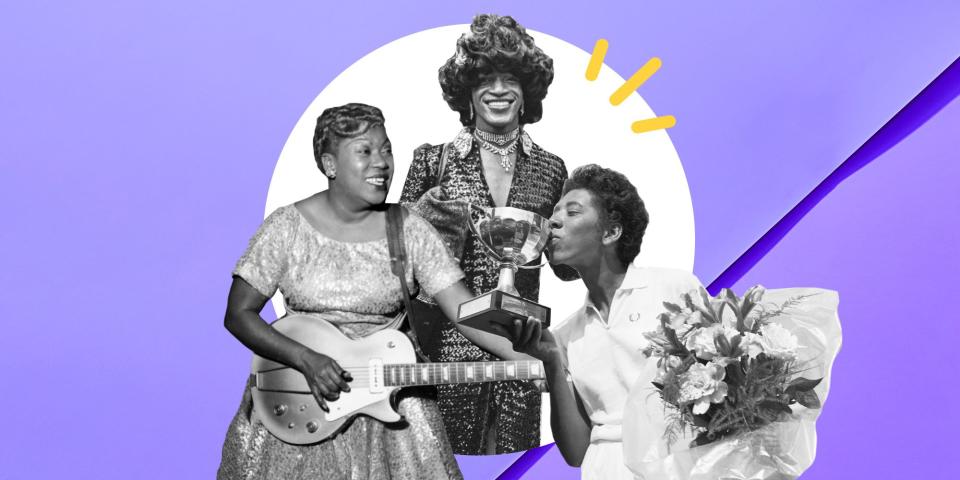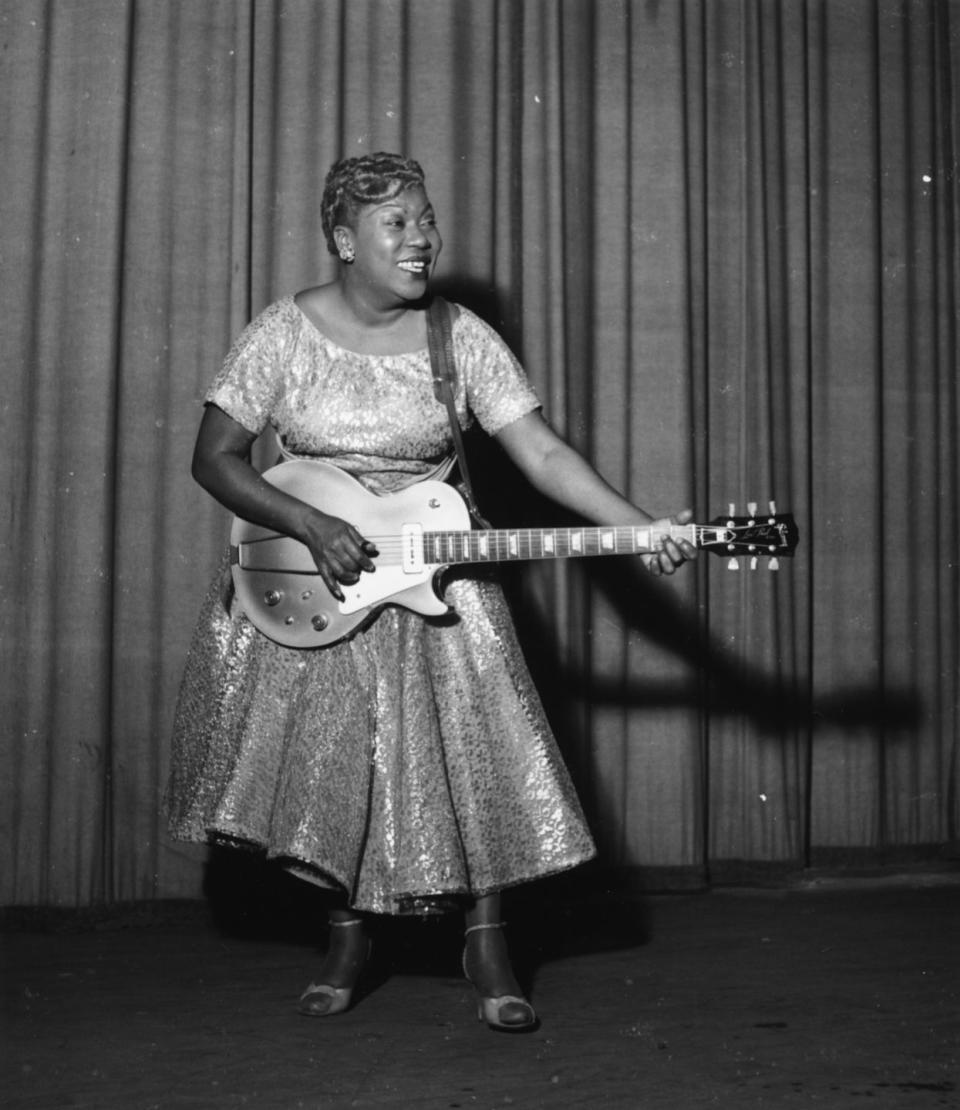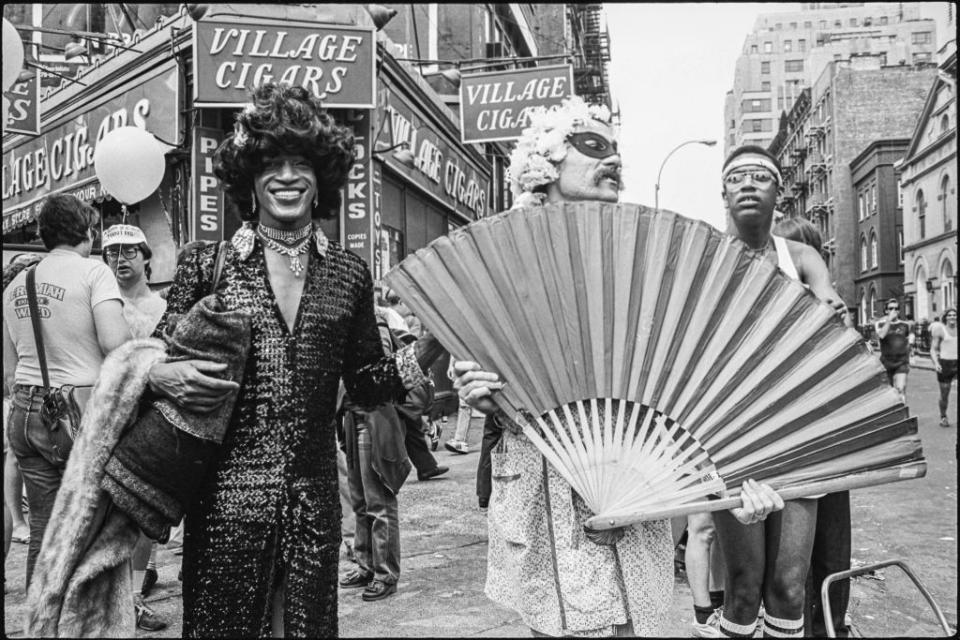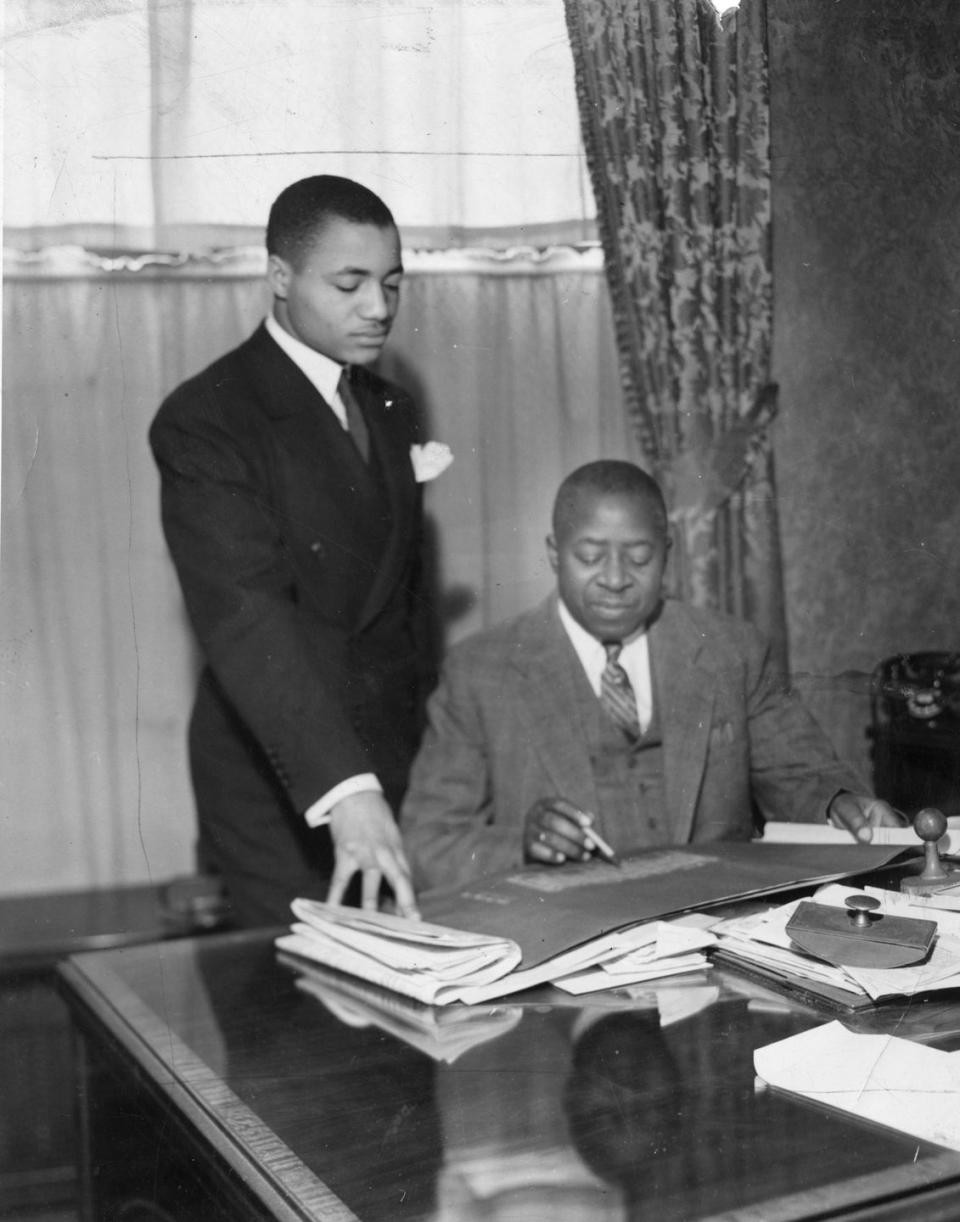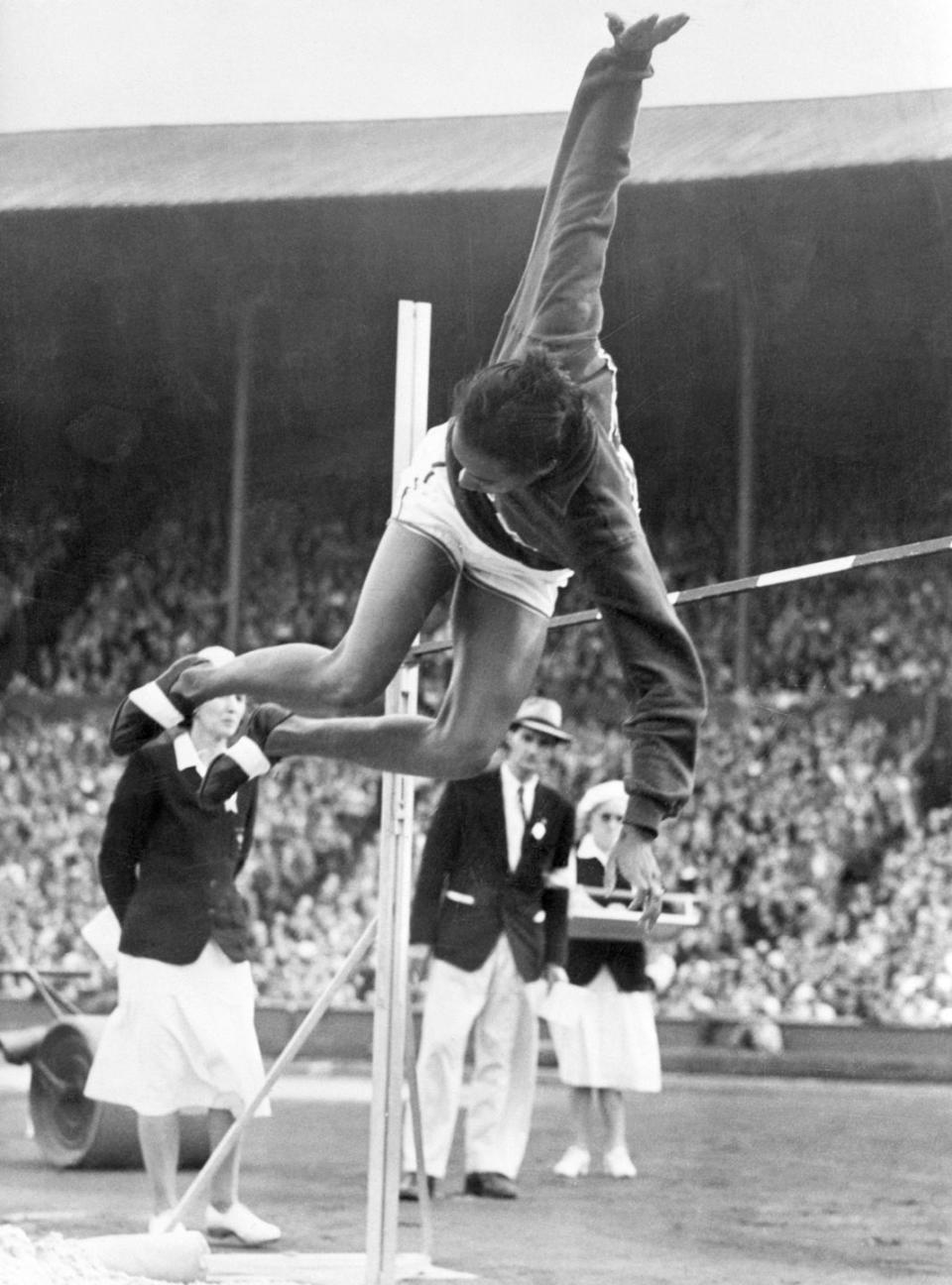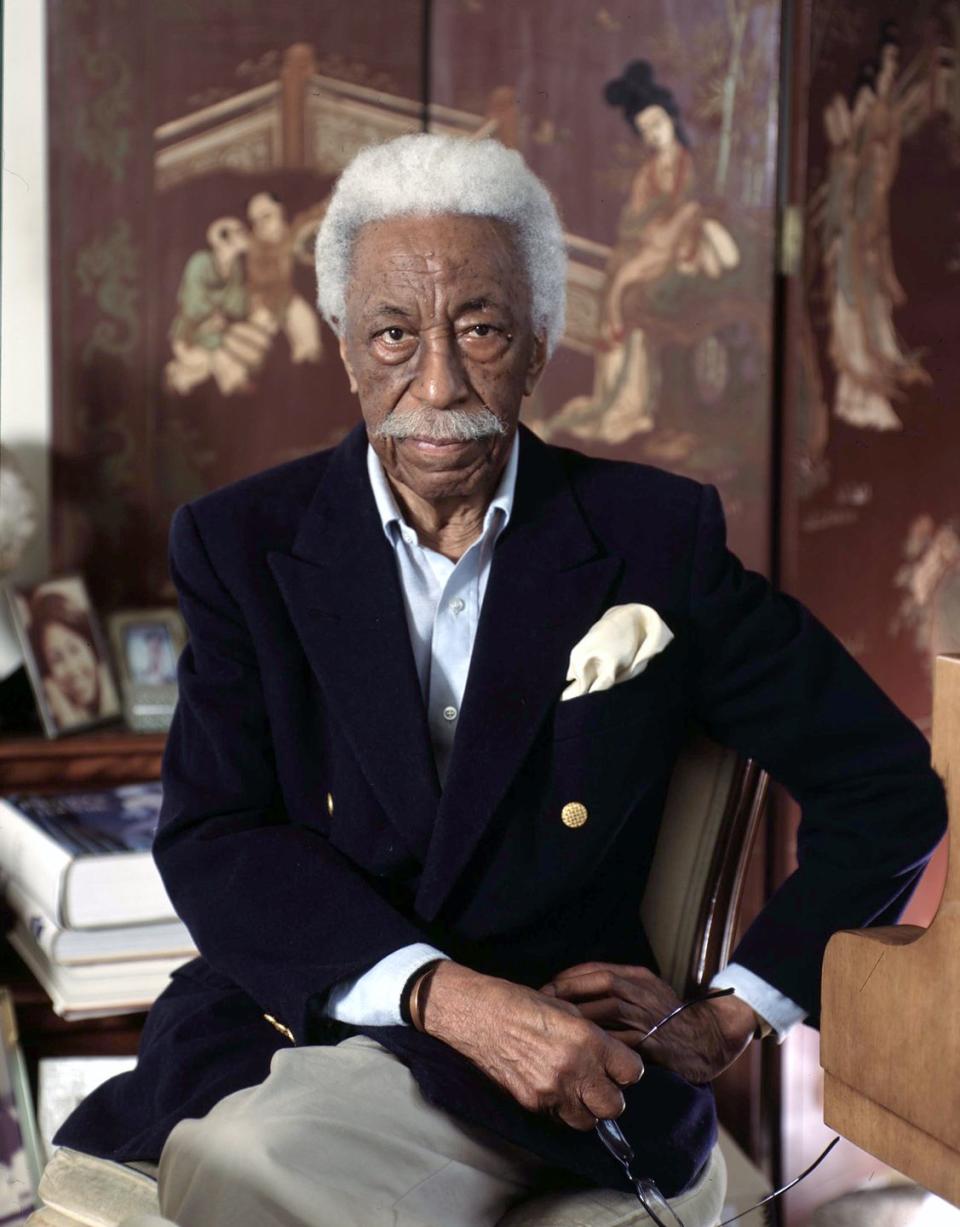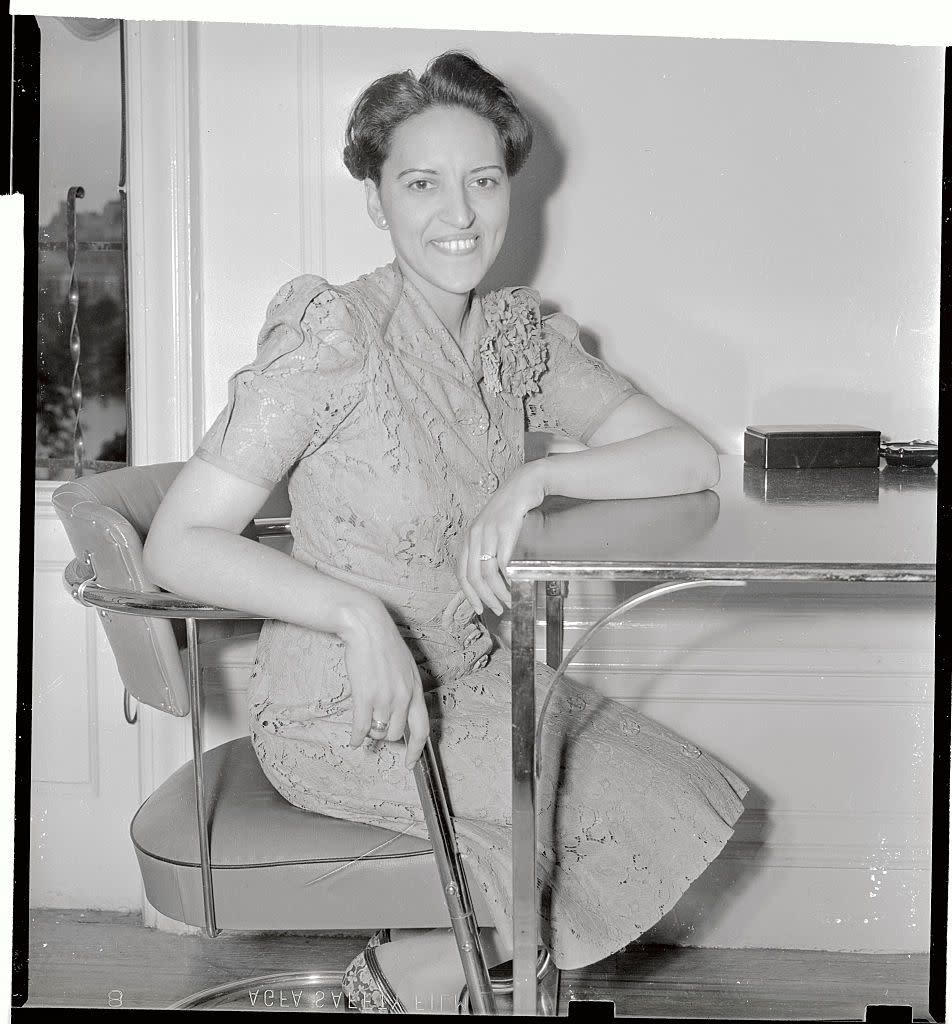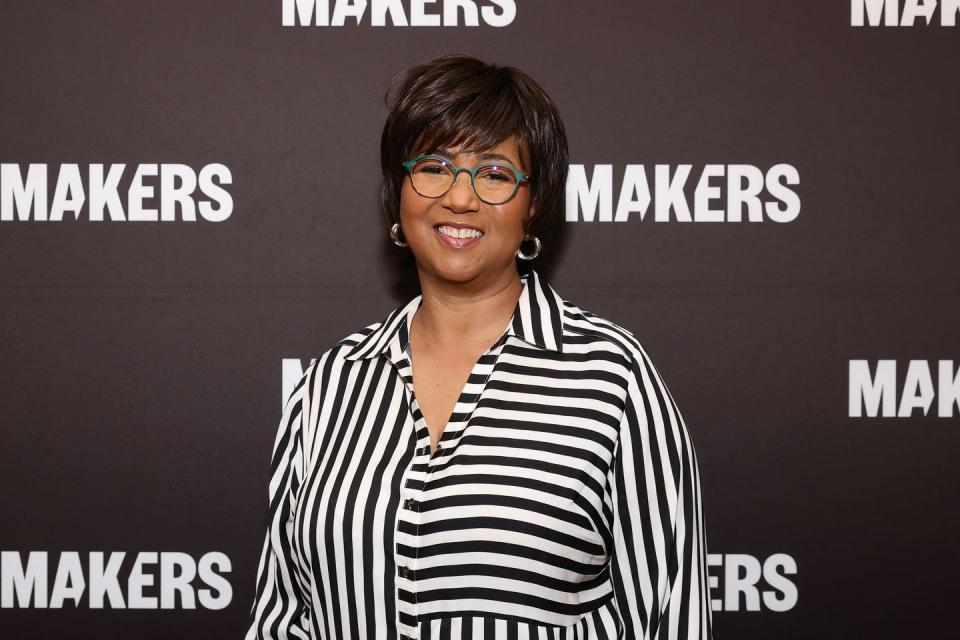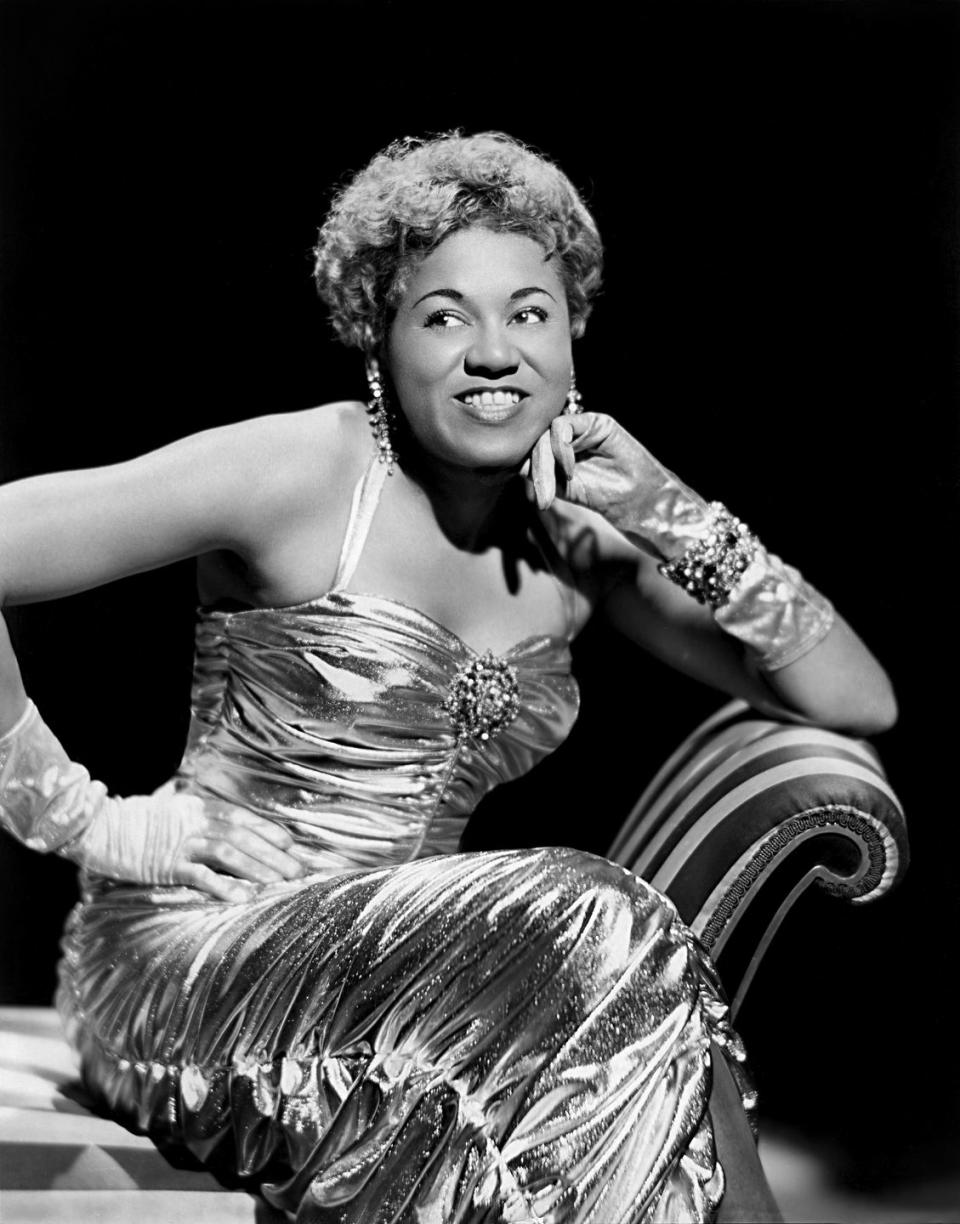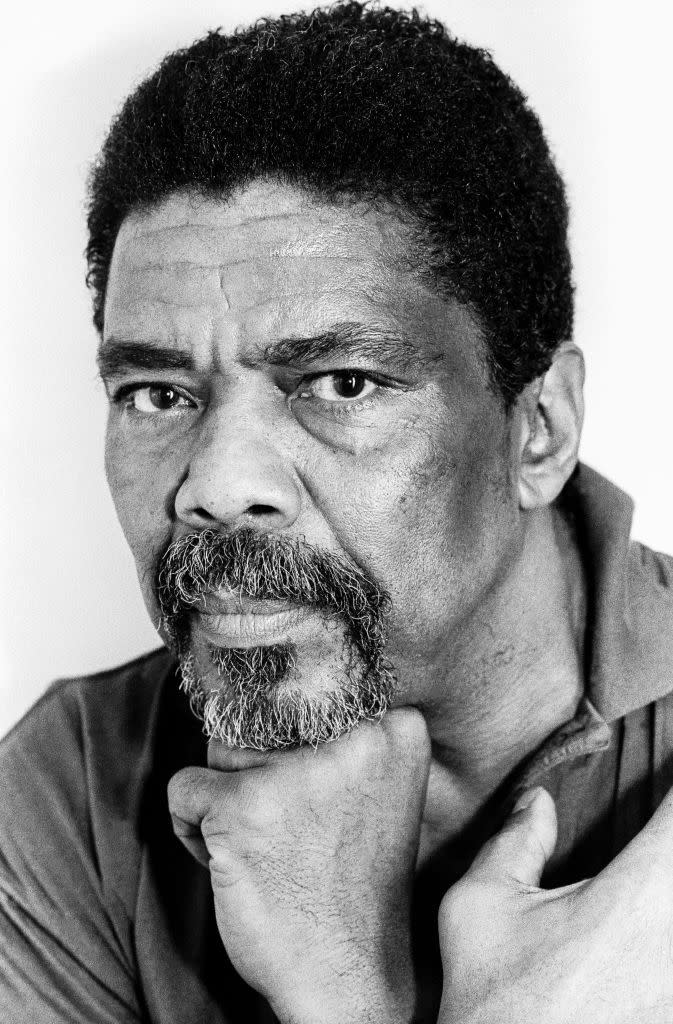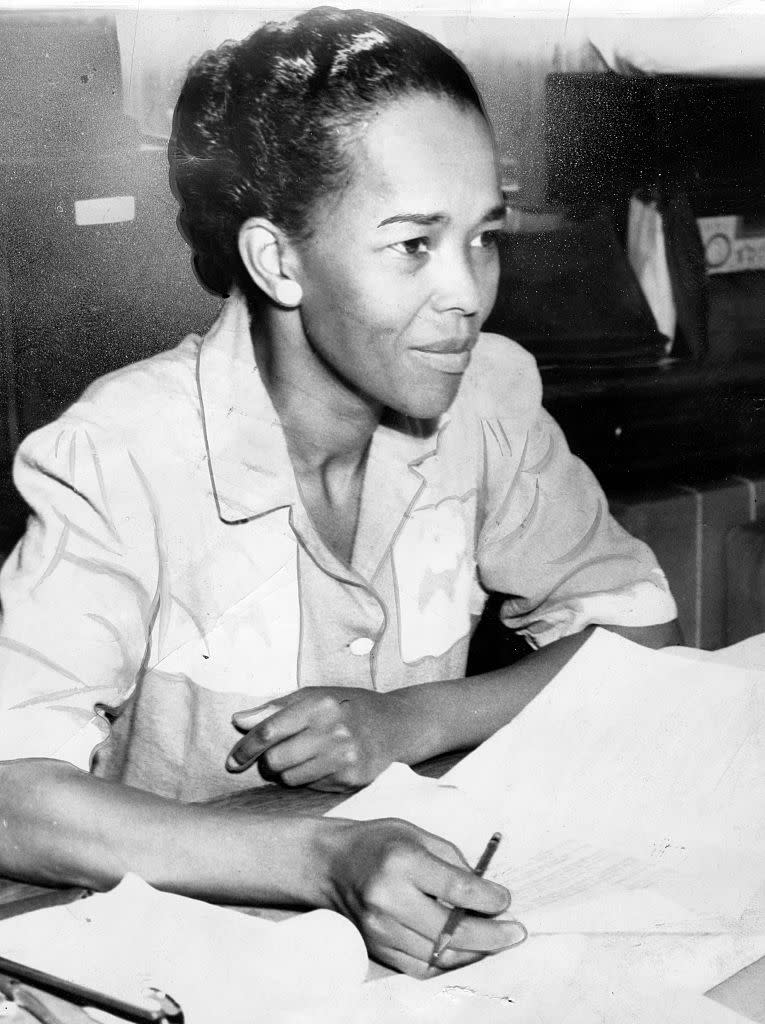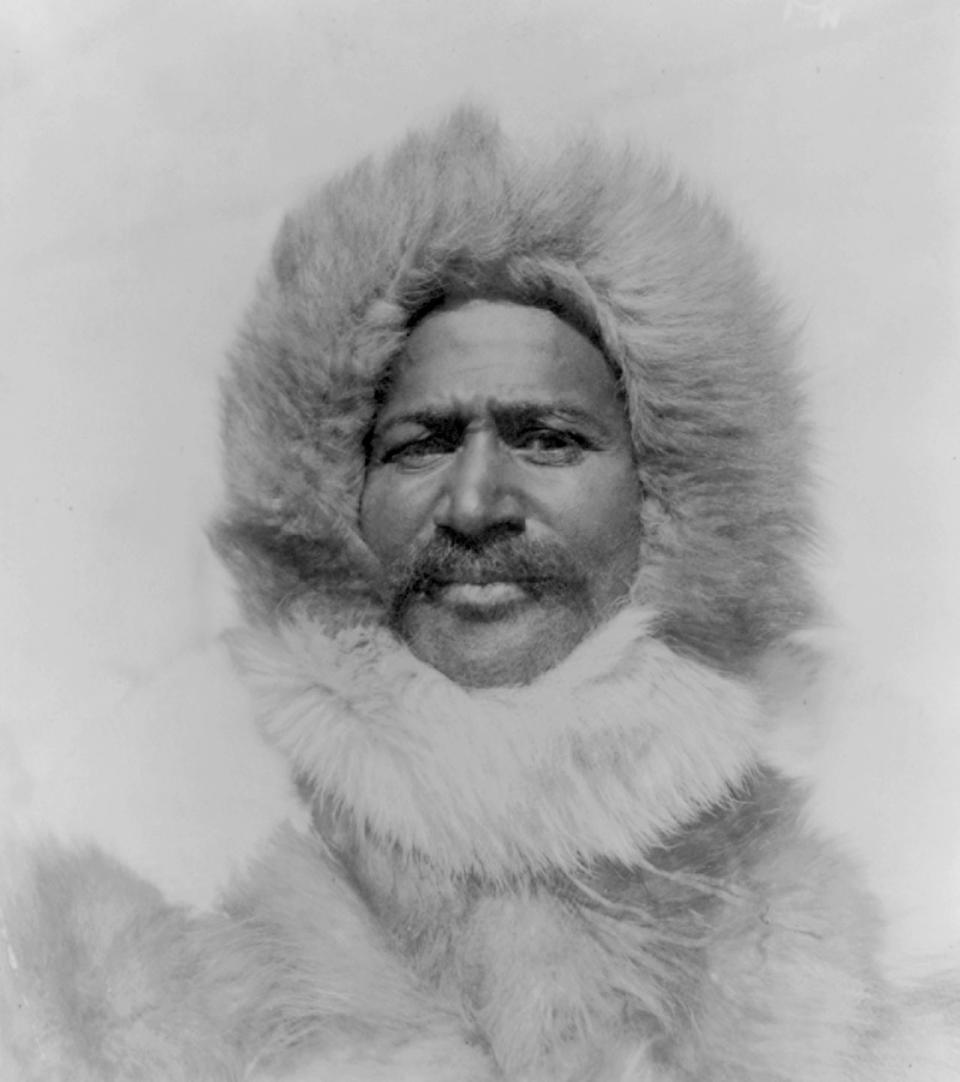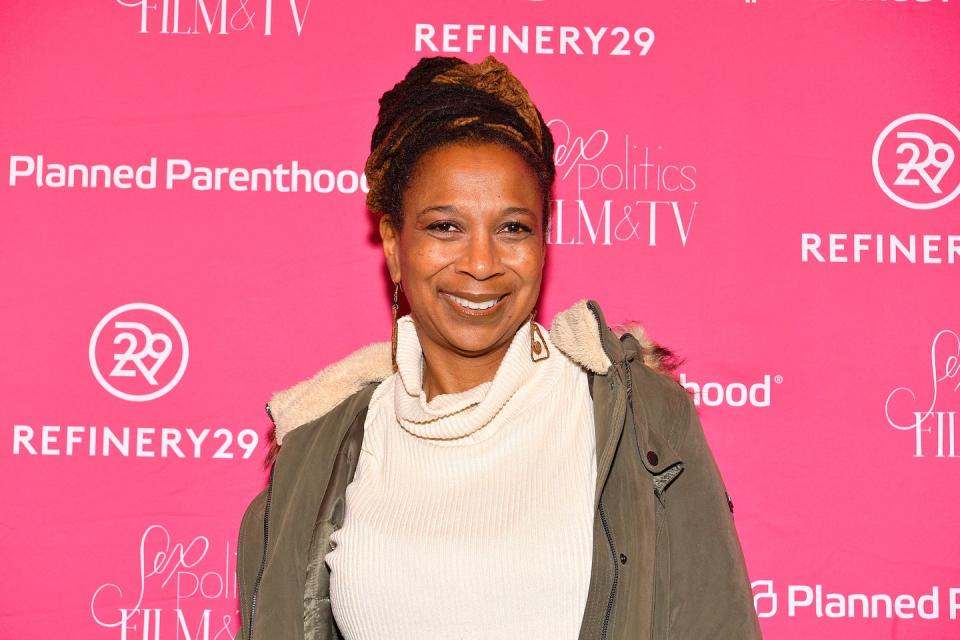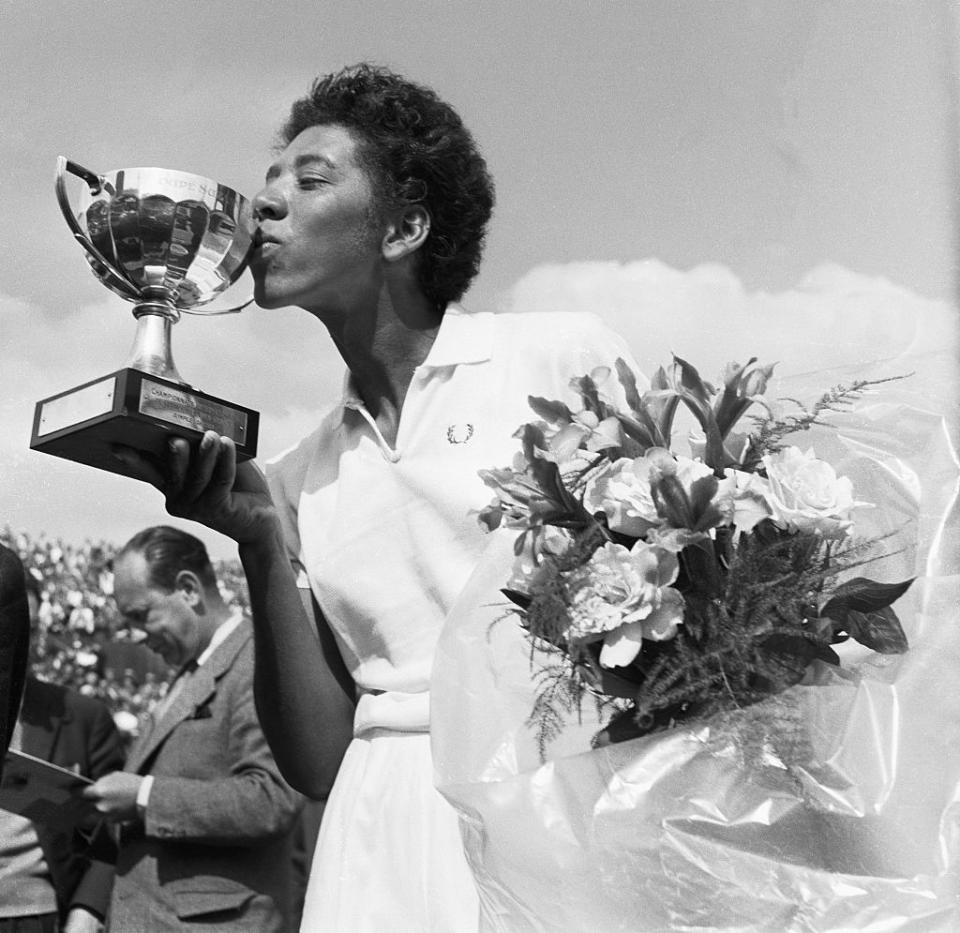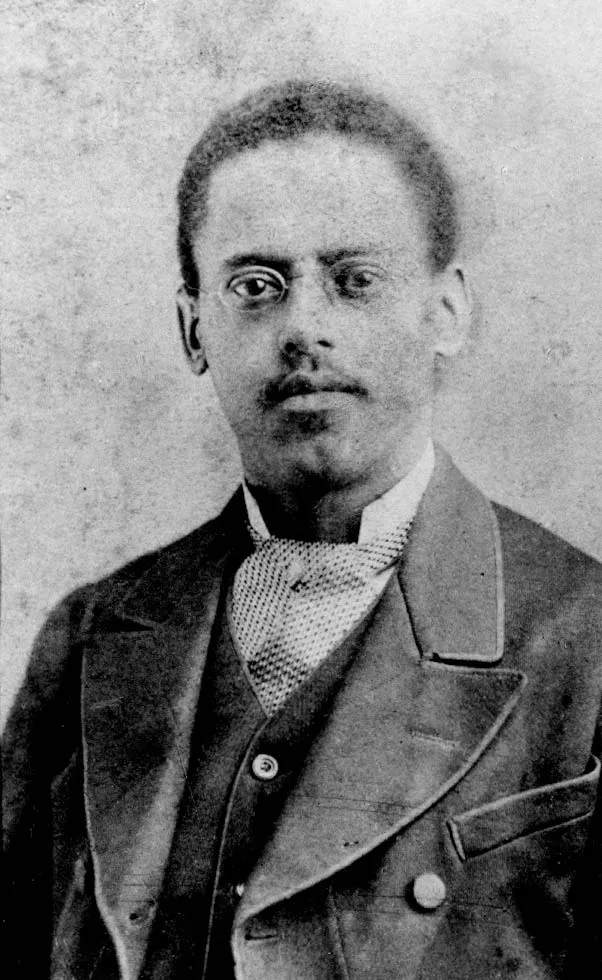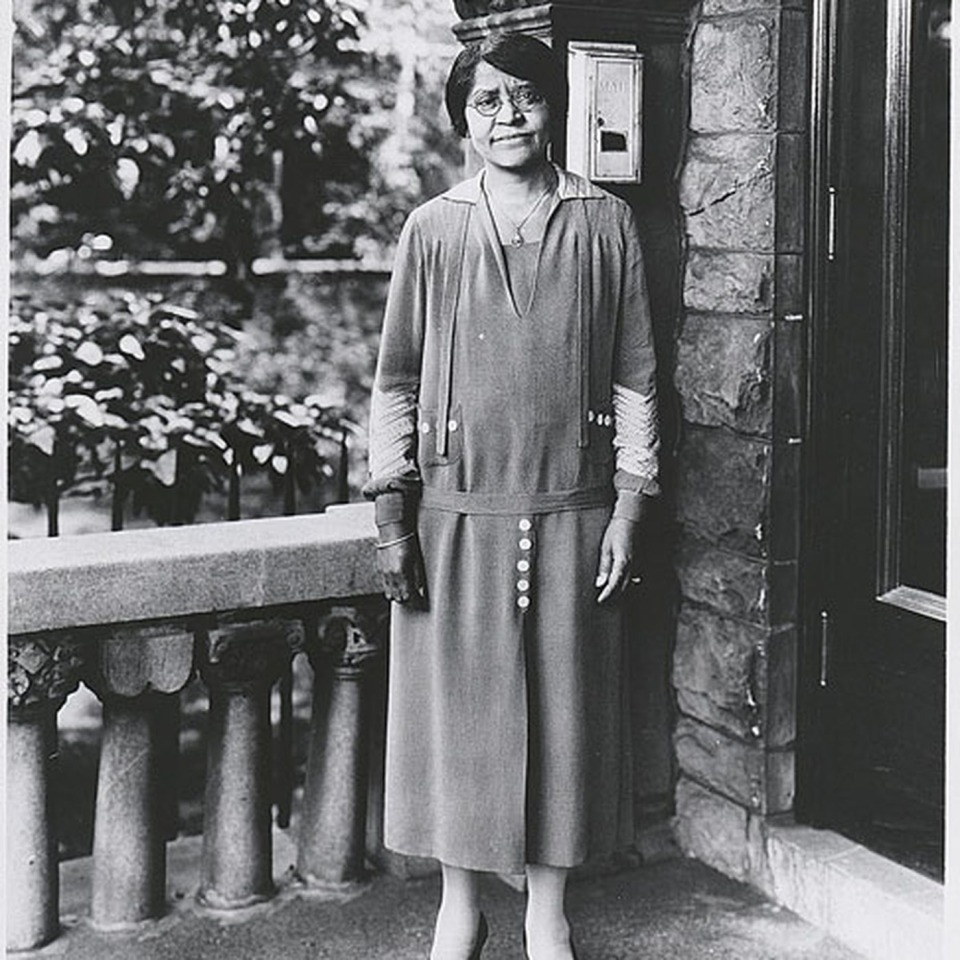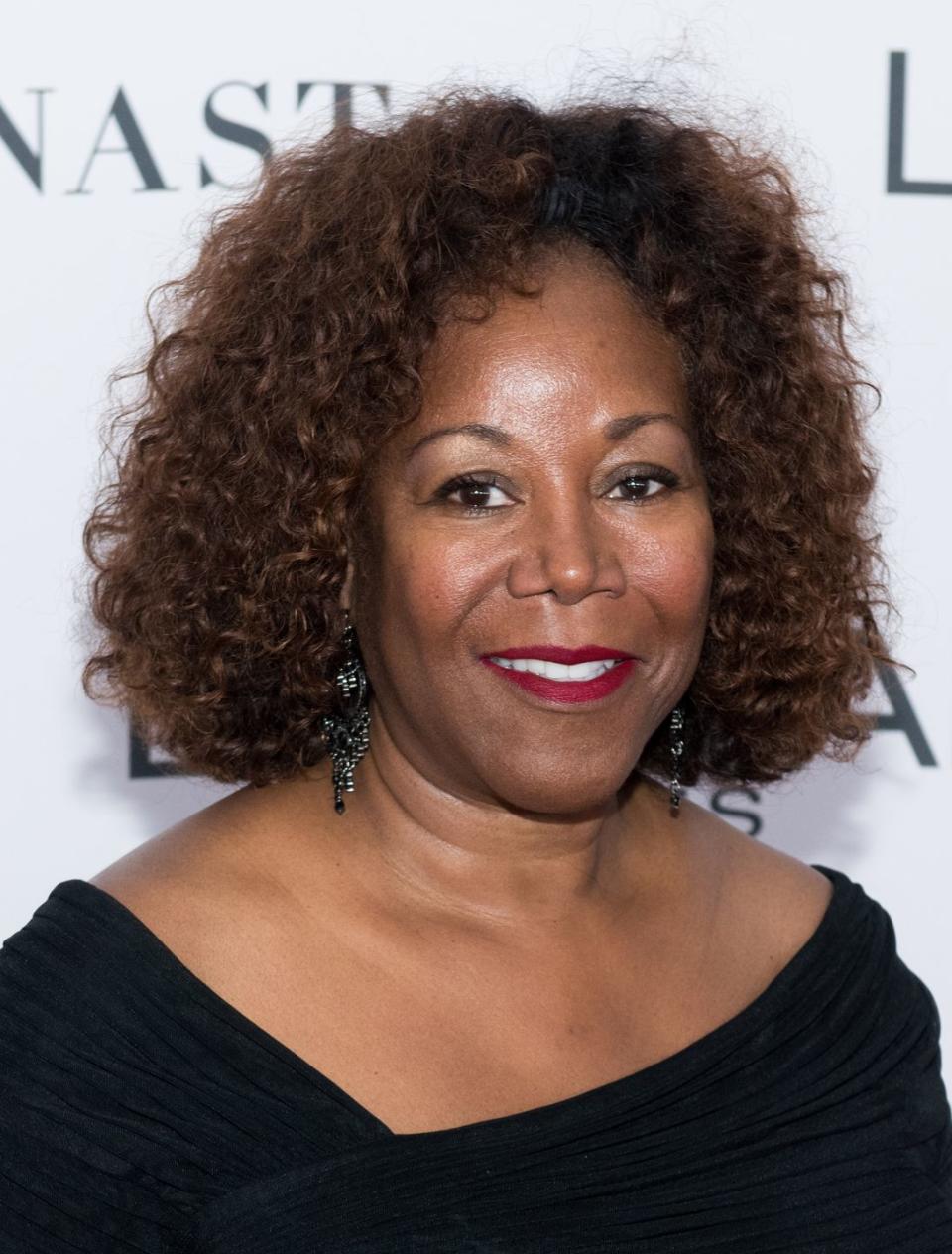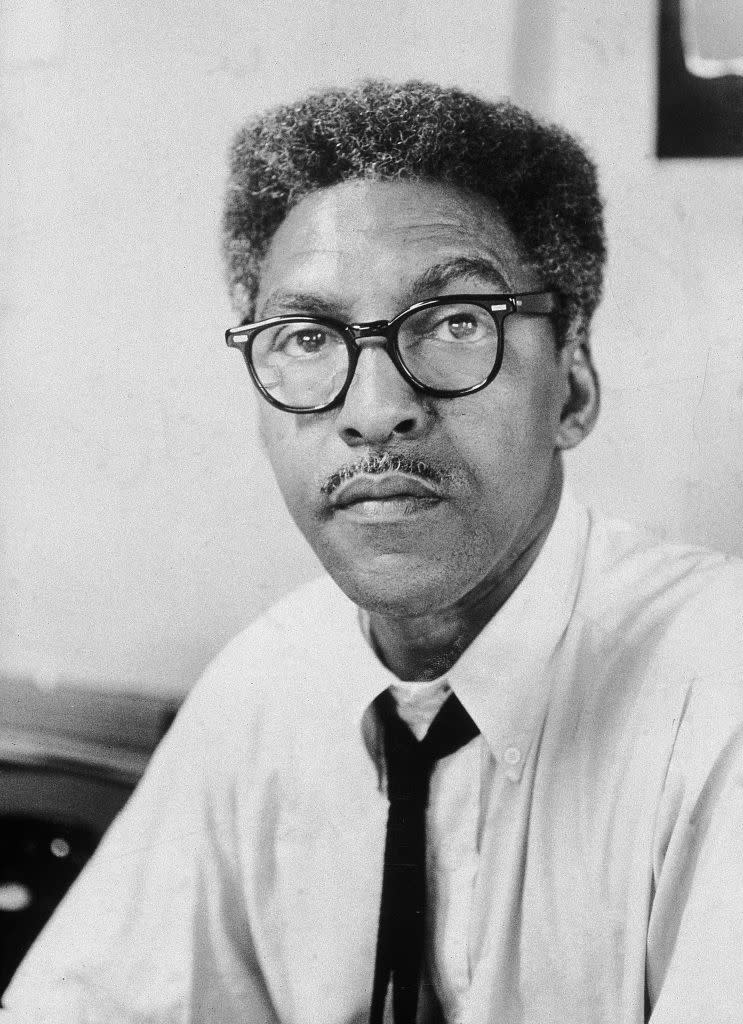February may be the shortest month of the year, but it’s by far one of the most significant as it marks the celebration of Black History Month, where the U.S. recognizes and honors the contributions that Black Americans have made in shaping this country as we know it.
ICYDK, Black History Month is the time when folks pay homage to legendary figures such as Dr. Martin Luther King Jr., Rosa Parks, and Muhammad Ali, just to name a few. While these iconic names will forever go down in history as change-makers in their own right, let’s not forget about the oft-unsung, lesser-known Black heroes who have impacted society in myriad other ways.
Historical figures from Claudette Colvin and Sister Rosetta Tharpe to Marsha P. Johnson and Jesse LeRoy Brown may have flown under the radar, but their impact radiates through the fabric of American history.
And while it’s important to honor their influence all-year round (Black history is American history, after all), it’s especially vital to celebrate these “hidden figures” during the month of February.
These heroes have shaped everything from modern politics, activism, and literature to music, sports, and more. Many of them even laid the groundwork for the greats we love today. Ahem, without Althea Gibson, who broke the tennis color barrier and was the first African-American to win a Grand Slam title, there would be no Serena Willams. Plus, before Rosa Parks was Rosa Parks, there was Claudette Colvin, who at 15 refused to move to the back of the bus and give up her seat to a white person—nine months before Parks did the very same thing. And, the list goes on.
Recognition and education around these Black historical figures spans far beyond what the history books and many U.S. school programs highlight, so it is up to us to speak life into these names by continuing to spotlight their triumphs.
This February, celebrate Black History Month by learning about and honoring these 30 trailblazing Black American historical figures, whose contributions to American history continue to impact us today:
